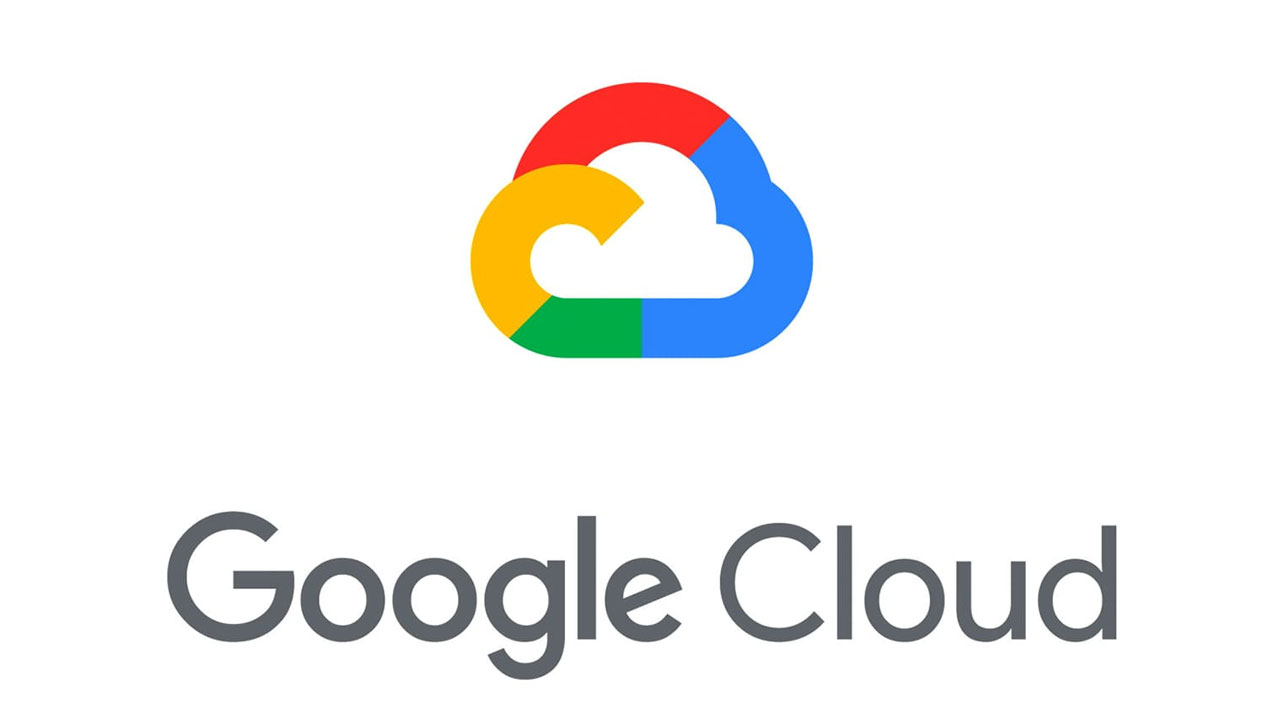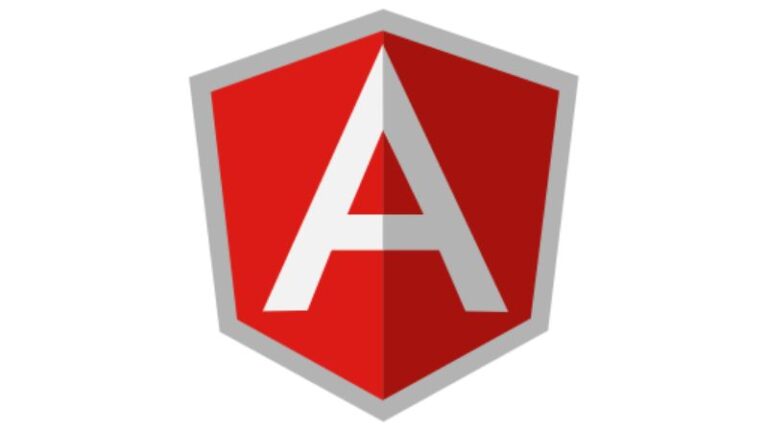Does Google Offer Web Hosting and Should You Use It?

Web hosting has become a service as soon as the Internet came into existence. Every website needs its home on the web, and web hosting is exactly that – a place for your website on the internet, accessible via the World Wide Web. There are a lot of companies out there acting only as web hosts, providing space on servers you can own or lease, and providing internet connectivity.
Naturally, you’ll always be looking to save as much money as you possibly can, and taking this into account – you’ll want to spend a reasonable amount on hosting. Given that there are plenty of web hosts out there, some of them are even tech giants, like Microsoft with their Azure program, or Amazon Web Services. For this reason, in particular, people often wonder does Google offers web hosting?
Google indeed does offer web hosting. The service is called Google Cloud web hosting, and it’s basically Google’s answer to the services launched by the aforementioned companies. The hosting service is known for being quite expensive and is used by a lot of very famous companies: Twitter, PayPal, etc.
However, the question remains: what does this say for you, the user? You just want someone to host your site, nothing more, and now you’re wondering whether Google Cloud is the right choice for you. This is exactly what we’ll be looking into in this article. In this article, we’ll be discussing Google’s web hosting. What exactly is it, how does it work, how much does it cost, is there a free option, how to sign up, is it any good, and – most importantly – should you use Google web hosting? Let’s get started.
Does Google Offer Web Hosting?
Yes, Google offers web hosting in the form of Google Cloud. Some may argue that Google is a little late to the race, as both Microsoft and Amazon have started to host on the web prior to Google.
Google Cloud was launched in 2008, attracting the attention of many. And, despite all the commotion around it – a lot of people feel skeptical towards what exactly Google Cloud is. There are a lot of unsatisfied customers, but a lot of customers have simultaneously drawn attention to Google Cloud as a reliable and remarkable hosting service.
What is Google Web Hosting?
Google Cloud is Google’s web hosting service. It was started in 2008 and it’s become very popular with some very big companies ever since. The Cloud Platform offers a wide range of managed database services across relational and non-relational workloads.
In the beginning, the platform was intended exclusively for developing and hosting web applications in Google’s managed worldwide data centers. Although the number has since grown, in the beginning, the website was available in 13 languages: English, German, Spanish, French, Italian, Dutch, Portuguese, Japanese, Chinese (both simplified and traditional), and Korean.
Some of the most famous companies using Google’s Cloud Platform are: Twitter, PayPal, eBay, Coca-Cola, and others. The platform runs on the same infrastructure used by Google Search and YouTube. This only goes to show how global the coverage actually is. Google has data centers in 20 locations: the U.S. (Oregon, Los Angeles, South Carolina, Iowa, Virginia), Canada (Montreal), South America (Brazil), Europe (the Netherlands, London, Belgium, Zurich, Frankfurt, Finland), and the Asia-Pacific region (India, China, Japan, Singapore, and Australia).
How Much Does It Cost to Host a Website on Google?
Well, the first thing that obviously needs to be said is that Google does offer a free trial. And this isn’t one of those free trials that last for two weeks, after which you have to pay a ridiculously overpriced amount of money for something that you didn’t even like because you didn’t read the fine print. Google actually allows you to try a free trial that lasts for a year, with $300 of credit included.
This is paid by credit card and you’ll only be charged for your actual usage, on per-second increments – you will only be charged for the bandwidth resources that your website has actually used, not all the resources that were available.
This is actually still a bit confusing. Obviously, if you have a degree in computer science, it isn’t – but if you’re a layman, then you probably won’t understand half the things you’re being charged for. That’s why Google enabled the expenses calculator, but even with that – your bill is still going to be pretty confusing.
A lot of experts stress that you keep in mind Google Cloud’s main purpose. This isn’t a web host you should use if you’re focusing on keeping your budget tight. Google Cloud doesn’t come cheap, but that doesn’t mean that it’s bad. If you’re looking to slowly build a site with a growing number of visitors, a healthy and strong infrastructure, and great net performances, then accepting that Google Cloud doesn’t come by cheaply shouldn’t be a problem for you.
Google Cloud has two plans, Silver and Gold. Silver is the cheaper plan, one that costs just $150. A lot of experts in the field actually recommend that you choose this plan and migrate to Gold if you find it necessary. This is because Gold’s price is $400, and Google is going to help you migrate to this plan if you find that sort of move necessary – so, there’s no need for you to rush and instantly pay for the most expensive plan.
When it comes to canceling your subscription to Google Cloud Platform, it’s easy and it requires just two steps. Firstly, you’ll delete all your projects. Do this using the admin, but make sure to back everything up beforehand. Following that, you will shut down your billing account – also done within the console.
Regarding refunds, you’re not getting any, but that’s fair. This is because Google Cloud Platform charges the bills on a usage basis. You’re only being charged as you do something. So, once you’ve deleted your projects – no further charges will be placed on your bill. You’ll only be paying what you owe them.
Does Google Offer Free Hosting?
No, Google does not offer free web hosting services. Google Cloud does offer a 12-month free trial period, after which you have to either delete all your projects or purchase the service, but there is no permanent free hosting with Google.
How Do I Host a Website on Google?
Hosting your website on Google Cloud isn’t difficult. The design is sleek and modern, so you won’t have any issues figuring out how to do everything. Start by clicking Get Started – this is the simplest way to start, there are a lot of menus on Cloud, and despite being very useful to experts and professionals, they can seem a bit too much.
You’ll receive a prompt to create an account, after doing that, you’ll be starting for free, and you’ll be getting $300 credit for your usage. You will need to enter payment information, but Google won’t use this without your permission. You’ll be experiencing a year of a free trial, so Google will actually charge you after a year, and that will only happen if you decide to continue with the service. You won’t be witnessing any unexpected charges on your credit card.
The next thing you’ll do is connect a domain and install WordPress. This was made very simple by Google Cloud, at least to developers. I am once again stressing that this service was created with professionals in mind. So, if you’re a developer (or if you’ve hired developers), this won’t be an issue. If you’re a layman, then you’re going to get stuck, and unless you’re paying for that insanely expensive premium support, you won’t be getting much further from here.
The GCP marketplace offers a range of ready-to-go solutions that can be deployed with just a few clicks. There are the usual candidates, such as WordPress, Drupal, and Joomla, plus some developer-friendly tools like GitLab, Jenkins, and Plesk.
To avoid any pesky clicking, switching from tab to tab, integrating various apps – Google Cloud Platform comes fully connected with most apps you’re likely using in your day to day life: G Suite, Google Maps, Chrome, and more.
Is Google Cloud Hosting Good?
Google Cloud is definitely good, there’s no two ways about that, but there are many intricacies to this hosting platform that we need to get into. Just because it’s good, doesn’t mean it’s good for you.
There are many differences between hosting providers, and a major one of those is that Google Cloud is dedicated solely to cloud computing, and cloud hosting is a small part of that. This means that if you’re starting a small site and you’re not expecting too much traffic, using Google Cloud may be an overkill and a waste of money – you can easily choose cheaper hosting options that will do the same job for you.
However, if you’re looking to start a large site with loads of traffic, then you should definitely keep Google Cloud in your sights.
Another reason why Google Cloud may not be suitable for you is if you’re a beginner. Google Cloud was developed with professionals in mind, which means that it’s focused entirely on enterprise-level cloud hosting. Beginner features like website transfers, one-click installers, or website building tools are excluded from Google Cloud because professionals don’t need this. This doesn’t mean that Google Cloud doesn’t have its fair share of powerful features, it just doesn’t have any beginner features.
Naturally, everyone is right to be worried about hosting security. Large companies like Google are a special target for hackers, but at the same time – larger companies can afford more expensive security. You don’t have to worry about Google, it’s completely up to date with all of the international standards necessary to satisfy the security requirements of its customers, and it’s compliant with the EU’s General Data Protection Regulation (GDPR), as well.
Google is also famous for always working on self-development in order to innovate faster, scale smarter, and stay secure. Google has thus formed a partnership with Salesforce, so you can integrate your customer relationship management with G Suite and Google Analytics 360 – this will provide your website with more ease to use, and will certainly save you a lot of time in your business.
Google is also a huge believer in open source. This means that they commit to contributing to the open-source community, and there are numerous examples where Google’s internal projects are actually open source. This means that you can move your app to a different open source cloud, instead of being stuck with a particular cloud.
When it comes to performance, you won’t be finding anything much better than this. Google is widely regarded as the best search engine on the web, and Google Cloud seems to be following those same footsteps in the field of hosting. This is because Google’s own services all run on Google Cloud Platform, so it’s highly unlikely that any problems with uptime and performance will actually occur. Good examples of this are YouTube and Google Search – it’s not often that you hear that they’ve crashed.
Google Cloud offers an excellent 99.99% uptime service-level agreement (SLA). This is always clearly documented and you’re offered more than acceptable financial compensation in case Google Cloud actually crashed, or any other downtime occurs. Obviously, no hosting network is absolutely safe (especially as everything on the internet is vulnerable to hacking), but this potential for error is rather small.
Google Cloud is fast and reliable, and it’s unlikely that you’ll do worse than this.
On top of this, site loading is incredibly fast with Google Cloud – less than 20 milliseconds. The slowest loading time is actually in Tokyo, but Google Cloud is currently working on adding more data centers there – this is because they probably know about this.
Google Cloud’s support is probably the only part of the service that’s actually lacking. This is because it doesn’t come for free (aside from billing support, you don’t have to pay for that). It doesn’t matter what kind of tech support you’re looking for, if you want it – you’re paying for it. There are different support plans, ranging from web support, phone support, and chat support – but it has to be noted that all these plans are insanely expensive and you need to check them thoroughly before you make a decision on this.
This is actually a big drawback for Google Cloud – only large corporations can afford this, and if you can’t then you’re left out to dry. Your alternatives to support are forums and a lot of documentation.
Another great advantage of Google Cloud is the fact that it doesn’t pre-charge you. You’re only billed for all the actions you take. Google bills in minute-level increments (with a 10-minute minimum charge), so you only pay for the compute time you use. And a big bonus is that they give you discounted prices for long-running workloads with no up-front commitment required.
Google is also always oriented towards improvement, so they upgraded their availability – you can now find Google Cloud’s locations in Warsaw, Poland – Doha, Qatar – Toronto, Canada – Melbourne, Australia – Delhi, India – Paris, France – Milan, Italy – Santiago, Chile – Madrid, Spain, on top of the locations that were already mentioned.
Here are a few reviews I’ve managed to find, commenting on the cloud. Most of the reviews are complaining about one thing: support.
“Queue Response no Support
Service used: Cloud
Very bad service google you are not good.“
“Terrible service and cloud provider
Service used: Cloud
They sneak in so many extra fees and services, and support are hopeless (literally lied about the hidden fees). They disregard GDPR law and other EU laws too, not to mention they’re about 10x the cost of some other providers.“
Should You Use Google Web Hosting?
Now, this is a tricky question. I can’t exactly recommend Google Cloud Platform to everyone. If you’re a beginner and you don’t know much about hosting, then you’ll be completely lost and it may be best that you consult an expert. On top of that, if you’re not expecting huge amounts of traffic, then Google Cloud is definitely too much for you. This hosting tool was created for massive sites with professional teams behind them, sites that are constantly witnessing unprecedented amounts of traffic.
So, take all this into consideration when deciding on your host. Google Cloud is certainly a great tool, but it’s simply not meant for everyone.






